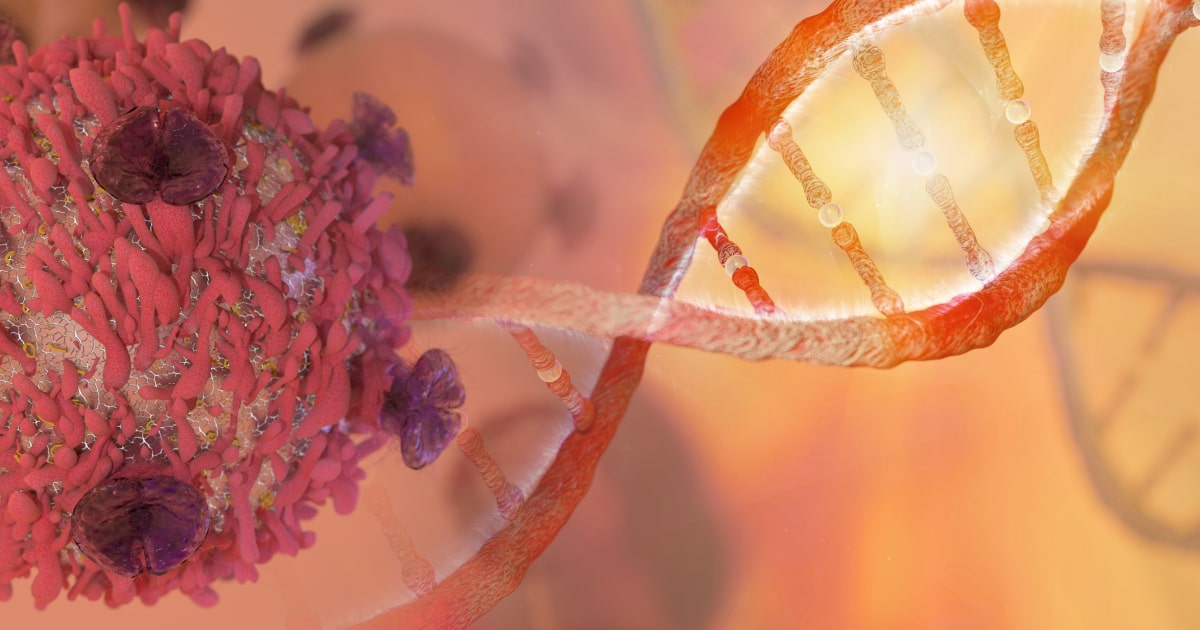
Expert Reviewed By: Dr. Brandon Colby MD
Autosomal recessive spinocerebellar ataxia 10 (ARSCA10) is a rare, genetic disorder that primarily affects the cerebellum, the part of the brain that regulates coordination and balance. This condition is characterized by a progressive loss of motor skills, leading to difficulties in walking, coordination, and balance. While the disorder is challenging to diagnose due to its rarity and overlapping symptoms with other neurological conditions, genetic testing has emerged as a vital tool in identifying and managing ARSCA10.
Understanding Autosomal Recessive Spinocerebellar Ataxia 10
ARSCA10 is inherited in an autosomal recessive manner, meaning that an individual must inherit two copies of the defective gene, one from each parent, to manifest the disease. The condition is part of a broader group of spinocerebellar ataxias, which are known for their heterogeneity and complex genetic underpinnings. Patients typically present with symptoms in childhood or adolescence, and these symptoms can include ataxia, dysarthria, and sometimes, cognitive impairments or seizures.
The Role of Genetic Testing in ARSCA10
Genetic testing has revolutionized the diagnosis and management of many rare genetic disorders, including ARSCA10. By analyzing an individual's DNA, healthcare providers can identify specific genetic mutations responsible for the condition. This not only confirms a diagnosis but also provides crucial information for family planning and management strategies.
Identifying the Genetic Mutation
One of the primary uses of genetic testing in ARSCA10 is the identification of the specific genetic mutation causing the disorder. This is particularly important given the variability of symptoms and the overlap with other ataxias. By pinpointing the exact mutation, clinicians can provide a definitive diagnosis, which is essential for effective management and treatment planning.
Informing Family Planning Decisions
For families affected by ARSCA10, genetic testing offers valuable insights into carrier status. Parents who are carriers of the mutation have a 25% chance with each pregnancy to have a child affected by the disorder. Understanding carrier status can inform family planning decisions, allowing families to consider options such as prenatal testing or preimplantation genetic diagnosis.
Guiding Treatment and Management
While there is currently no cure for ARSCA10, genetic testing can guide treatment and management strategies. By understanding the specific genetic mutation involved, healthcare providers can tailor interventions to the patient's unique needs. This may include physical therapy to improve motor skills, speech therapy for dysarthria, and medications to manage symptoms like seizures.
Challenges and Considerations in Genetic Testing
Despite its benefits, genetic testing for ARSCA10 comes with challenges. The rarity of the disorder means that not all genetic mutations associated with it are well-characterized, which can complicate diagnosis. Additionally, the psychological impact of genetic testing results can be significant, requiring careful counseling and support for patients and families.
Ethical considerations also play a role, particularly in terms of privacy and the potential for genetic discrimination. It's crucial for healthcare providers to ensure that patients understand the implications of genetic testing and have access to appropriate resources and support.
Conclusion
Genetic testing is a powerful tool in the diagnosis and management of autosomal recessive spinocerebellar ataxia 10. By providing a definitive diagnosis, informing family planning, and guiding tailored treatment strategies, genetic testing offers hope and clarity for patients and families affected by this challenging condition. As research continues to advance, the potential for new therapies and interventions will grow, offering further support and improved outcomes for those living with ARSCA10.
For more detailed information on cerebellar ataxia and its potential causes, refer to the study published in the Arquivos de Neuro-Psiquiatria.
About The Expert Reviewer
Dr. Brandon Colby MD is a US physician specializing in the personalized prevention of disease through the use of genomic technologies. He’s an expert in genetic testing, genetic analysis, and precision medicine. Dr. Colby is also the Founder of and the author of Outsmart Your Genes.
Dr. Colby holds an MD from the Mount Sinai School of Medicine, an MBA from Stanford University’s Graduate School of Business, and a degree in Genetics with Honors from the University of Michigan. He is an Affiliate Specialist of the American College of Medical Genetics and Genomics (ACMG), an Associate of the American College of Preventive Medicine (ACPM), and a member of the National Society of Genetic Counselors (NSGC)